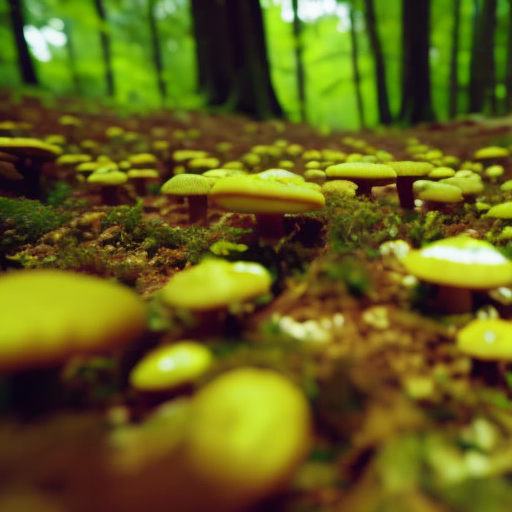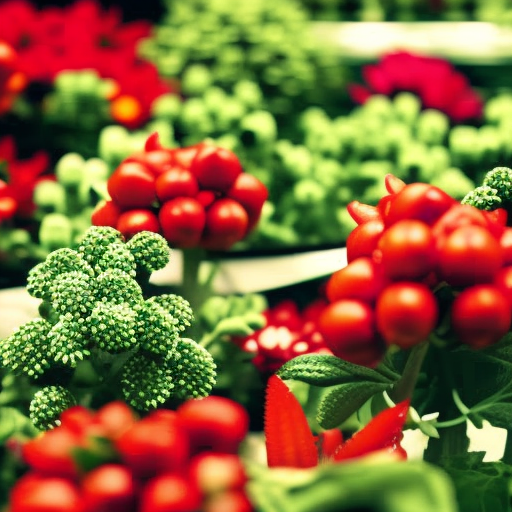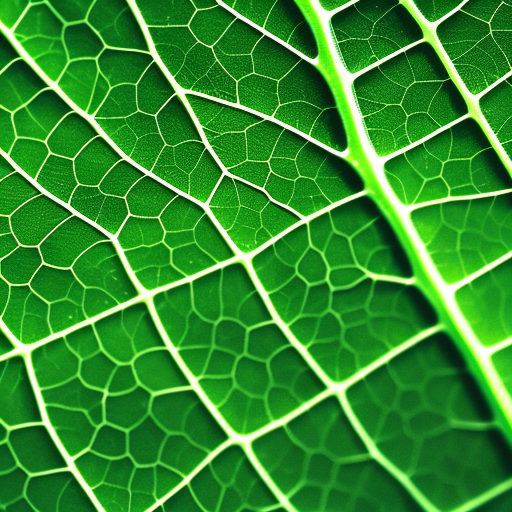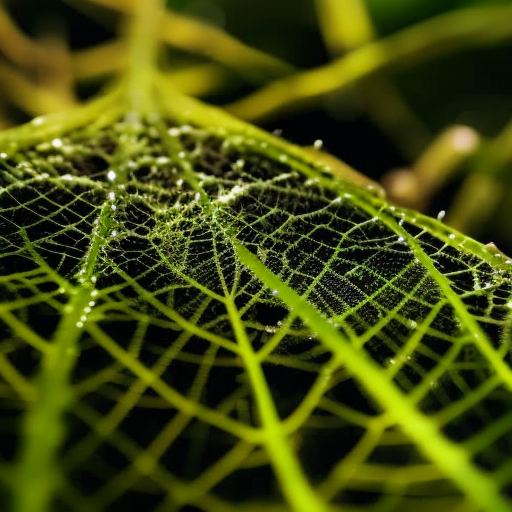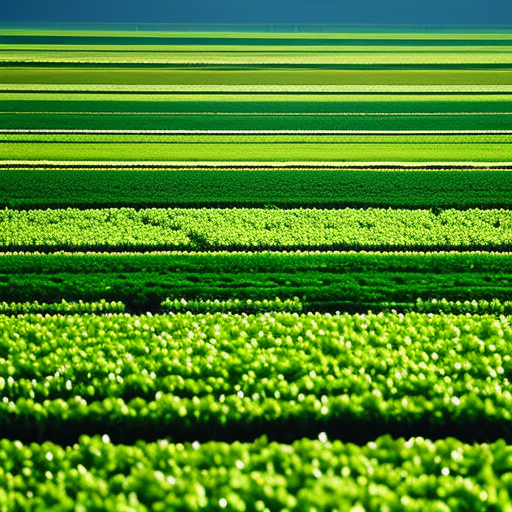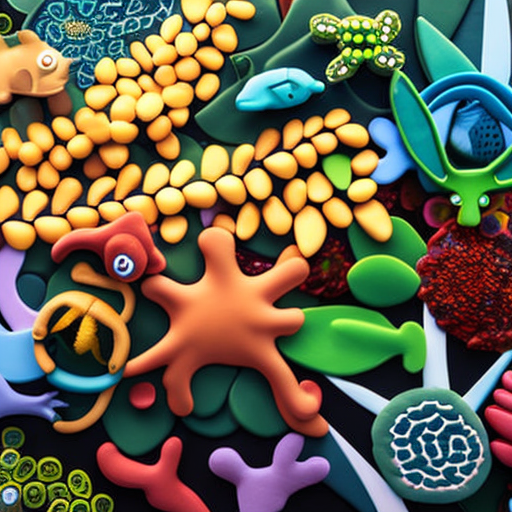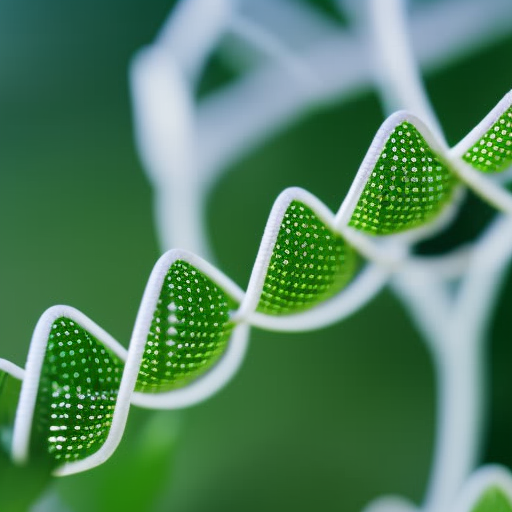Mycology is the study of fungi and their impact on various scientific and technological fields.
Horticulture Explained
Horticulture is the science and art of cultivating plants for food, medicine, and aesthetic purposes.
Plant Physiology Explained
Plant physiology is the study of how plants function and respond to their environment.
Ethnobotany Explained
Ethnobotany is the study of how different cultures use plants for medicinal, cultural, and economic purposes.
Bryology Explained
Bryology is the scientific study of mosses and other non-vascular plants.
Plant Pathology Explained
Plant pathology is the study of diseases in plants and their impact on agricultural productivity and ecosystem health.
Agronomy Explained
Agronomy is the scientific study of crop production and soil management to optimize agricultural practices and improve food production.
Evolutionary Zoology Explained
Evolutionary zoology studies the processes and patterns of evolution in animal species, exploring their origins, adaptations, and relationships.
Plant Genetics Explained
Plant genetics is the study of the hereditary traits and genetic makeup of plants.
Mammalogy Explained
Mammalogy is the scientific study of mammals, including their anatomy, behavior, evolution, and conservation.
Ichthyology Explained
Ichthyology is the scientific study of fish, their behavior, classification, and ecological roles.
Herpetology Explained
Herpetology is the study of reptiles and amphibians, including their behavior, ecology, and evolution.









